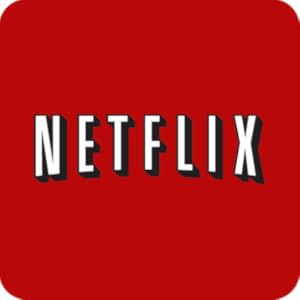
Two weeks ago, NETFLIX released its most daring attempt at original programming yet, House of Cards. The political drama, starring Kevin Spacey and produced for $100 million, has quickly claimed the title of the most watched show on Netflix.
THE REVIEWS for the show have been overwhelmingly positive. Wired reviewer Ryan Carlson favorably compared the show to HBO's medival fantasy Game of Thrones. "This show is the modern day Game of Thrones," he writes, "filled with shifting political alliances, enemies, and adult situations. It has conflict within the national leadership, favors (both political and otherwise), aspirations for power, and an entire cast of anti-heroes that you can’t help but secretly cheer for (...)" Some have faulted the show for a lack of believability, however. The San Francisco Chronicle's David Wiegland, in a generally positive review, cites a key plot element--an alliance between Kevin Spacey's Frank and a novice blogger. As Wiegland writes, "Sorry. It would never happen. That isn't to say journalists don't get in bed with politicians - they do. But Frank is a master politician, and he wouldn't be so quick to strike a bargain with a very green reporter he has just met (...)"
THE DEBATE: The show has also brought on a likely debate about the future of television. Not only is this the most ambitious series to date to be released on Netflix, all the episodes were released at once. This model, as ABC News's Maya Baratz describes, is a direct challenge to traditional television paradigms: "By disrupting the way we watch, Netflix introduces a new content programming paradigm -- which may stand if we can get a new structure in place to redefine how we'll watch it together (...)" Discussion has followed on multiple levels. Wired's Ryan Carlson, for one, enjoyed this aspect: "It has allowed my wife and me to watch this show in its entirety over the course of a week like a couple of junkies." Yet as Business Insider's Kirsten Acuna describes, it has led to a whole new social conundrum, "How do you talk about a show when you're not sure how much of it anyone has viewed? (...)" BuddyTV's John Kubick, on the other hand, thinks this "disruption" might be a damning flaw for the show. It pre-empts a key component of the modern viewing experience: social media. "Television has become a communal experience," he writes "People don't just watch a show and talk about it the next day at the water cooler, they jump on Twitter and Facebook as soon as its over (or while it's still airing) to post live thoughts on each and every plot twist or development (...)"
What's your opinion?
Add rating Description Write opinion
Add rating Description Write opinion
What have we missed?
Add your view on this particular story, as well as interesting opinion links we missed, in the discussion area below!









